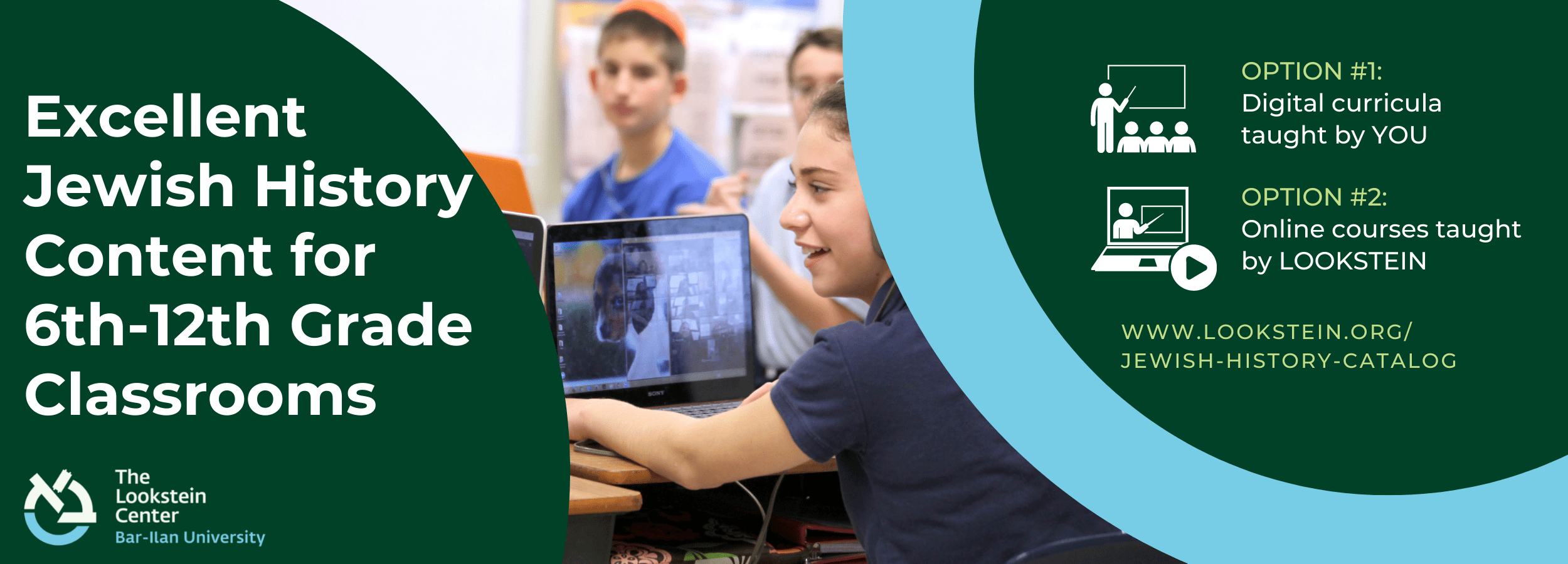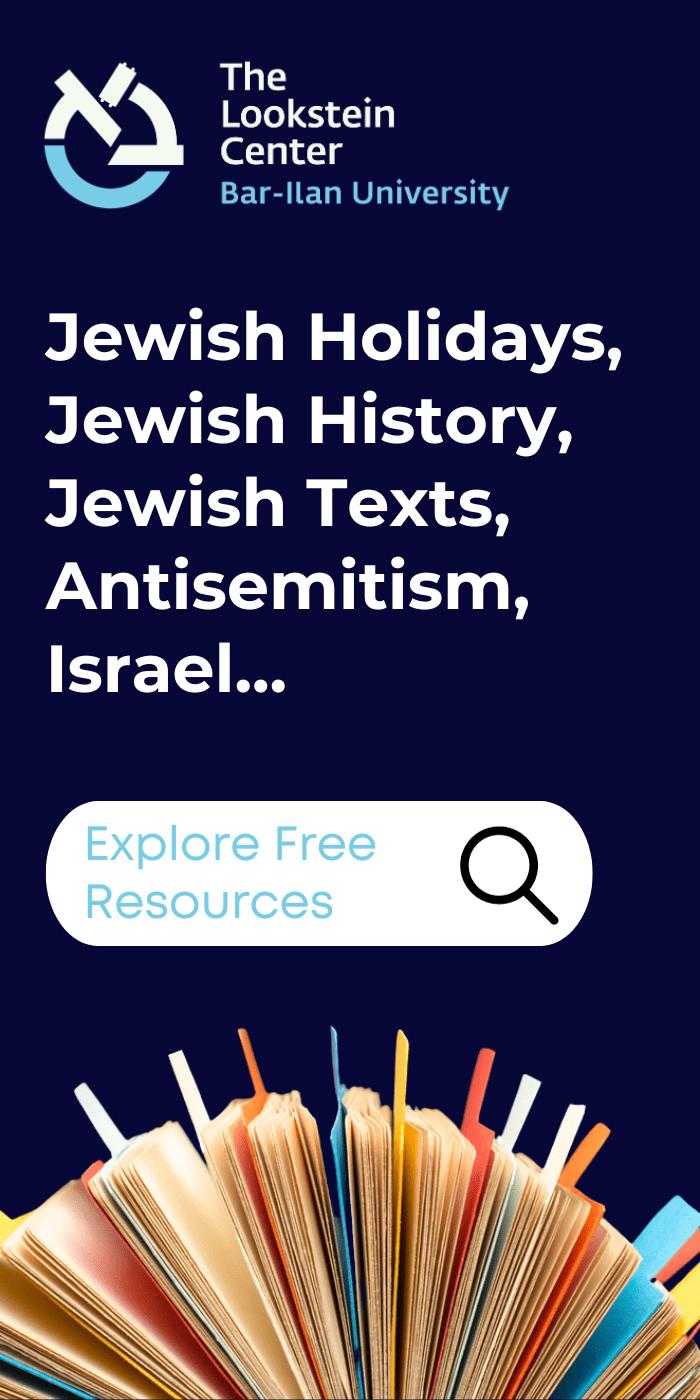“Imagine that you could travel back to any period in history. What moment or event would you want to observe? What people would you want to meet? What would you ask them?”
Many of us have asked and been asked these hypothetical questions. They are designed to inspire curiosity, drive thinking, and spark the imagination. They represent, to some extent, a considerable component of what historians try to do—to use the tools at hand, books, documents, records, artifacts, testimonies, and more to explore the past, and for some perhaps to create a virtual time machine through which they can re-create that past. Teachers of history take their students on the journey of discovering, recovering, and understanding that past, teaching them the tools and skills necessary to navigate through the gaps of time, space, and culture.
But what if those hypothetical questions were phrased differently? For example: “Imagine that you could travel back to any period in history. What event would you want to experience? How do you think that event would have impacted on you? What aspect of that experience would you passionately tell your children?” These are not questions for historians, rather, they are questions for educators—whether by profession, by personal commitment, or by parentage—passing on a value system, even an identity, deeply embedded in the past. As Lord Rabbi Jonathan Sacks writes: “Memory is the past as present, as it lives on in me. Without memory there can be no identity.” The “memory creator” wants to understand how the events of the past impact the present and the future. Like teaching history, this discipline also requires tools and skills, but they are different from the tools of the historian.
These questions take on an entirely different urgency when we think about them in relation to Jewish History. As a mission-driven people which for more than 2,000 years has been a minority, often struggling to survive and maintain its identity, we run great risk if what we learn and teach remains a purely intellectual pursuit, a curiosity. We take an equally great risk if our exploration of history becomes so mission driven that it stifles student curiosity and the capacity for students to connect through multiple, alternative, and parallel pathways.
Navigating the tension between teaching history and creating memory, between academic study and the building of identity, drives many of our programs—such as the Creating Memory workshops and the Jewish History bootcamps—as we understand that Jewish History needs to include a delicate balance of both. Finding this balance is one of the key tasks of Jewish History teachers and their schools and is one of the core questions we seek to address in this issue of the journal. Read carefully and you will discover that many of the articles either allude to this implicitly or discuss it explicitly.
There are other questions which drive the thinking about teaching Jewish History. For example, should it be taught as its own distinct discipline, should it be taught in the context of general History, or should it perhaps be completely integrated into a study of general History. What do we gain when we integrate Jewish History and general History, and what do we lose by doing that?
These questions have considerable implications. For example, how much of the educational program should be devoted to Jewish History. If Jewish History is about creating memory or forging identity, should that warrant a greater concentration of time than it is currently allotted in most schools? How about the question of academic honesty; how should we handle information which conflicts with the memory narrative we are trying to tell, assuming that is one of our goals?
In a sense, the debate about Jewish History is a microcosm of the greater discussion about Jewish education. Is the goal to have Jewish adults with the knowledge and skills to engage with Jewish texts and be part of a 3,000 year-long dialogue, or is the goal to have Jewish adults who are passionate about being Jewish and committed to living Jewish lives? It is this tension which animates us at Lookstein, and which we hope drive discussions in and around Jewish education.
The articles in this journal represent a diverse range of opinions and include the thoughts of academics, theologians, thought leaders, educational entrepreneurs, and many classroom practitioners. They include deep thinking about the big issues and practical suggestions and examples currently used in a variety of educational settings. It is our hope that this journal generates core discussions for classroom teachers and educational leaders about the why, the how, and the how much of teaching Jewish History—a discussion which could have repercussions for how we see the entire enterprise of Jewish schooling. Our students, and our schools, will be better off for it.



